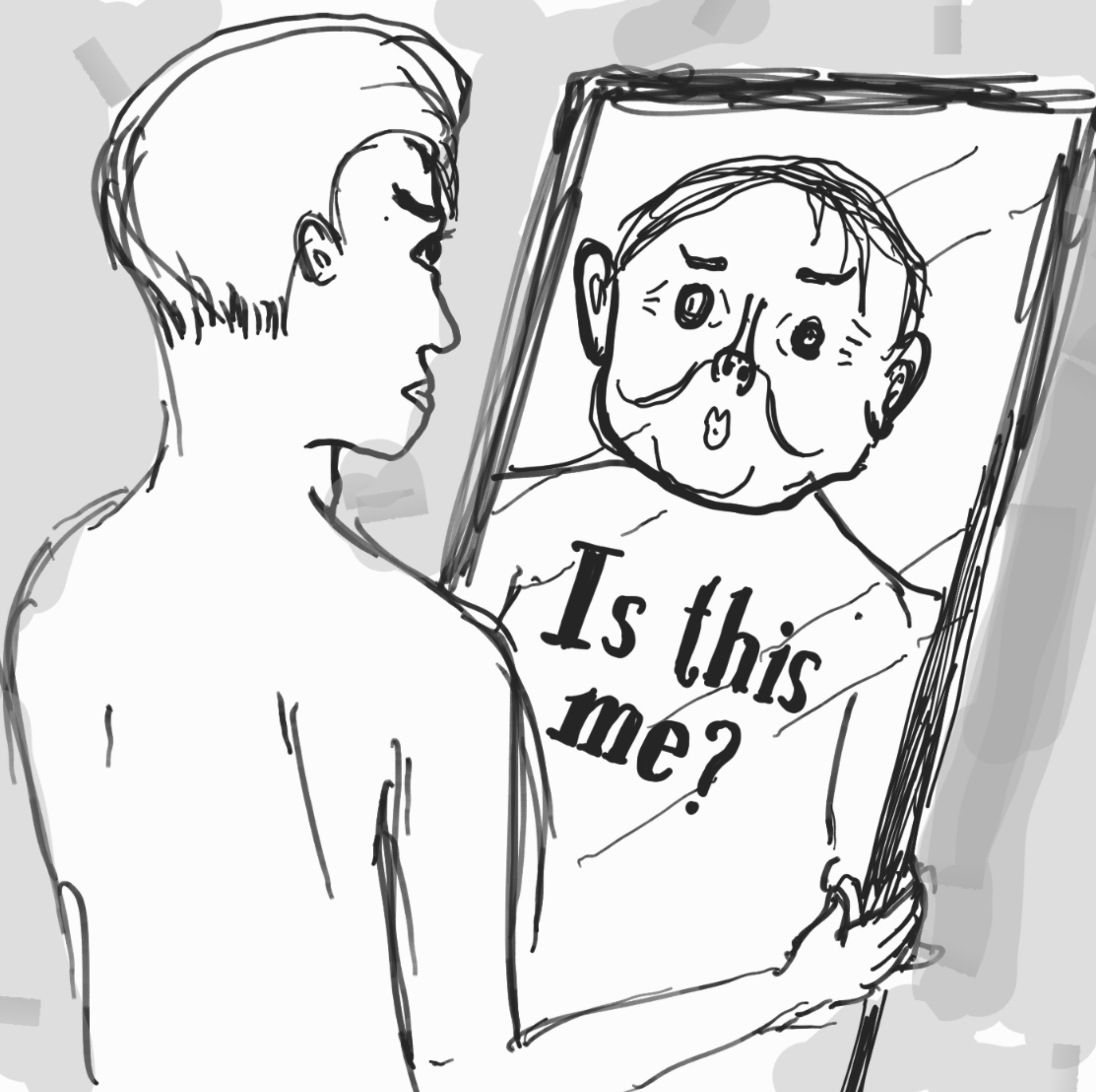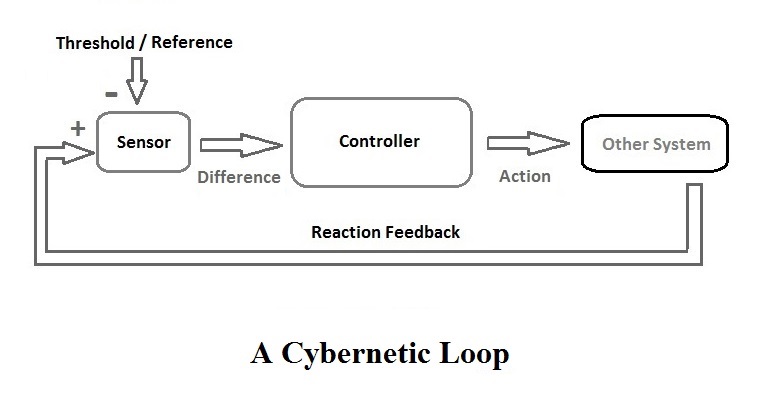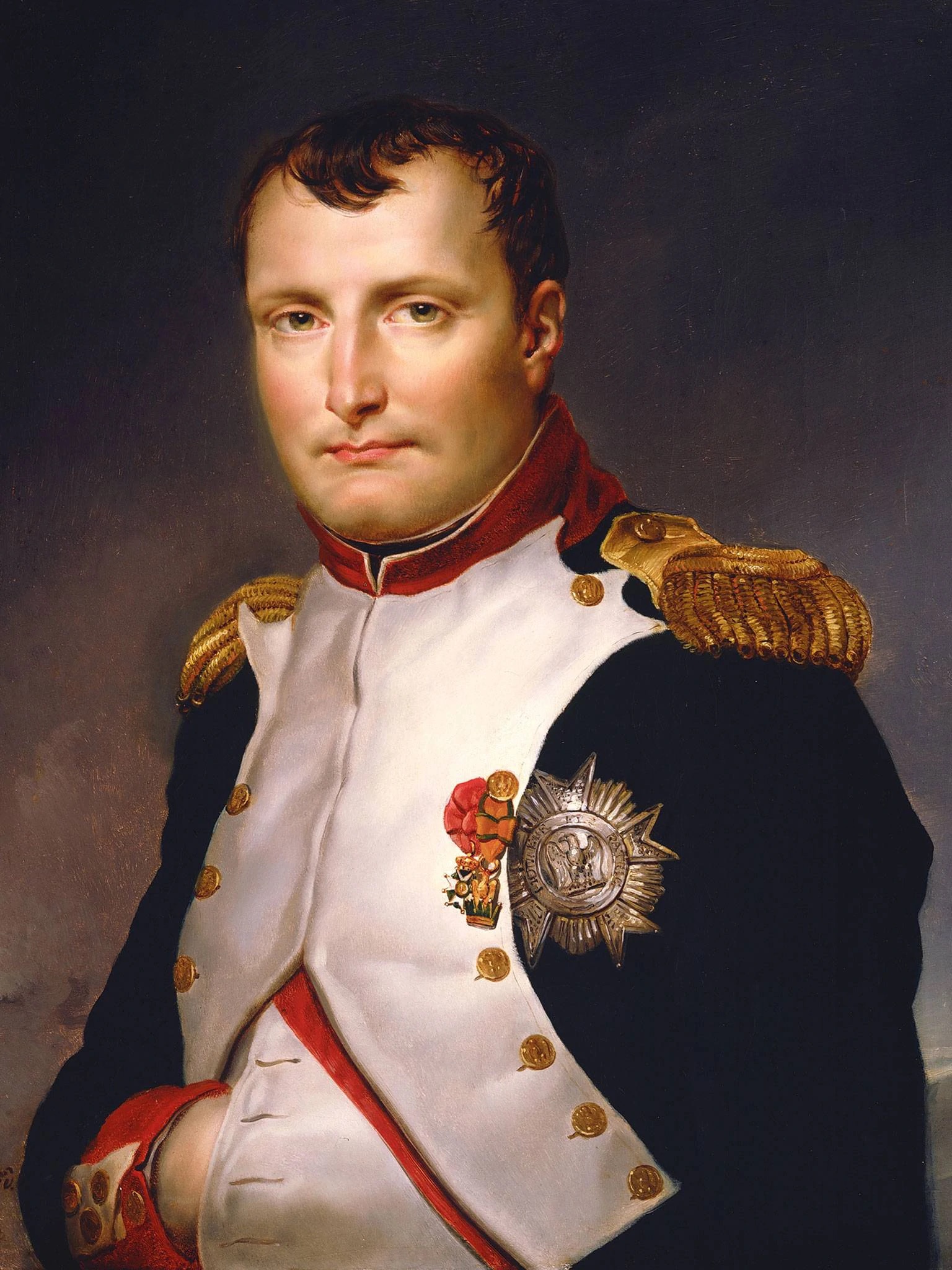
Have you ever wondered why some people don’t ‘see’ things the way that you do? After all, there is an objective reality out there, isn’t there?
As you’re surely aware by now, there is both an objective and a subjective reality. The first is what most people regard as true, but the second is only true those who hold that view.
Indeed, how we perceive the world is merely a prism through which we see it.
We each have a subjective ‘mirror’ through which we see the world and we have the ability to decide what is true and what is false for each one of us.
Cue The Image Man - Maxwell Maltz!
This image also holds for how we see ourselves - it is our ‘self image’.
The originator of the idea of ‘self image’ was a plastic surgeon named Maxwell Maltz. He was the author of a book called Psycho-Cybernetics.
Maltz was seeing patients who wanted to change their physical appearance through plastic surgery.
He noticed that in many patients, once he had changed their physical appearance, many of them had changes to their personality along with it.
But not all of them changed just based on the surgery alone.
He proposed that people actually have 2 images of themselves. The first one is the external image.
How we dress, how we behave - every aspect of us that others can see or experience.

The second image is internal and thus not obvious to the outside world, but it is crucial to our behaviour.
It’s how we see ourselves that plays a crucial role in our behaviour and ultimately to the results we are getting in life or whatever endeavour we pursue.
The internal image is largely acquired from the world around us, and in particular from our early life.
The values and beliefs that are instilled in us initially come from our parents and our immediate family.
Next they come from our schooling and the social life that extends from that.
Finally, they can come from early life experiences such as trauma.
Now, our self image can be either good or bad for us. It can move us forward in life or it can hold us back.
Too many bad experiences early in life can lead to a lifetime of hesitancy. Too many good experiences early in life can lead to recklessness - and all grades in between.
It’s all how we react or respond to them that dictates the outcome.
Our Brain Is A Cybernetic Organ!

We all have a mechanism within us that is responsible for our behaviour.
Where the cybernetics comes into the equation is akin to the autopilot in an aeroplane. Cybernetics is defined as “The science of control and communications in the animal and machine.”
Our brain could be defined as a cybernetic mechanism, because it governs our behaviour and corrects it if it goes off course.
It’s something akin to the autopilot on an aeroplane. If the compass shows the plane off course, the autopilot will compensate for the deviation and move the plane back on course.
In humans, if our mind detects that something is wrong with our behaviour, it will change the behaviour to put it back on course, according to the paradigm (or image, as Maltz calls it).
But what if our paradigm is not serving us?
Well, then it’s our responsibility to change our self image.
Regardless of whether the self image is ‘good’ or ‘bad’, it can be improved upon.
Believe it or not, humanity is perfect, but as a result of our early conditioning, we have all been ‘infected’ with something analogous to a computer virus that sabotages our life.
The sooner we can remove these impediments from our life, the sooner we can live it to the fullest.
How To Change Your Life
One of the the keys to a better life is to change your self image (or paradigm).
The business of changing your self image or paradigm may seem to be a difficult task.
However it can be stated simply in a general way. Firstly, you can study the people that you admire and select attributes of their behaviour that you wish to adopt.
Read their biographies, or watch movies about them.
For instance, the late 18th century leader Napoleon Bonaparte had many characteristics that people would admire… but he also had quite a few that not many would adopt for themselves.

Napoleon Bonaparte (1769-1821)
Not only do you need to know what these avatars are, but you need to know how to become them. You can do this by studying acting techniques.
Most actors - the good ones of course - not only know their lines but they know their character intimately.
They temporarily become that character for the duration of the play or movie.
The difference between being an actor and changing your self image is that the latter is permanent.
When it boils down to it, no one can change your self image but you. Not only that, but your desire needs to be present and definite.
And once you change your self image, you become that which your image represents.
“Mind is the Master power that moulds and makes,
And Man is Mind, and evermore he takes The tool of Thought,
and, shaping what he wills,
Brings forth a thousand joys, a thousand ills:
He thinks in secret, and it comes to pass:
Environment is but his looking-glass.”
- James Allen, in ‘As A Man Thinketh’


